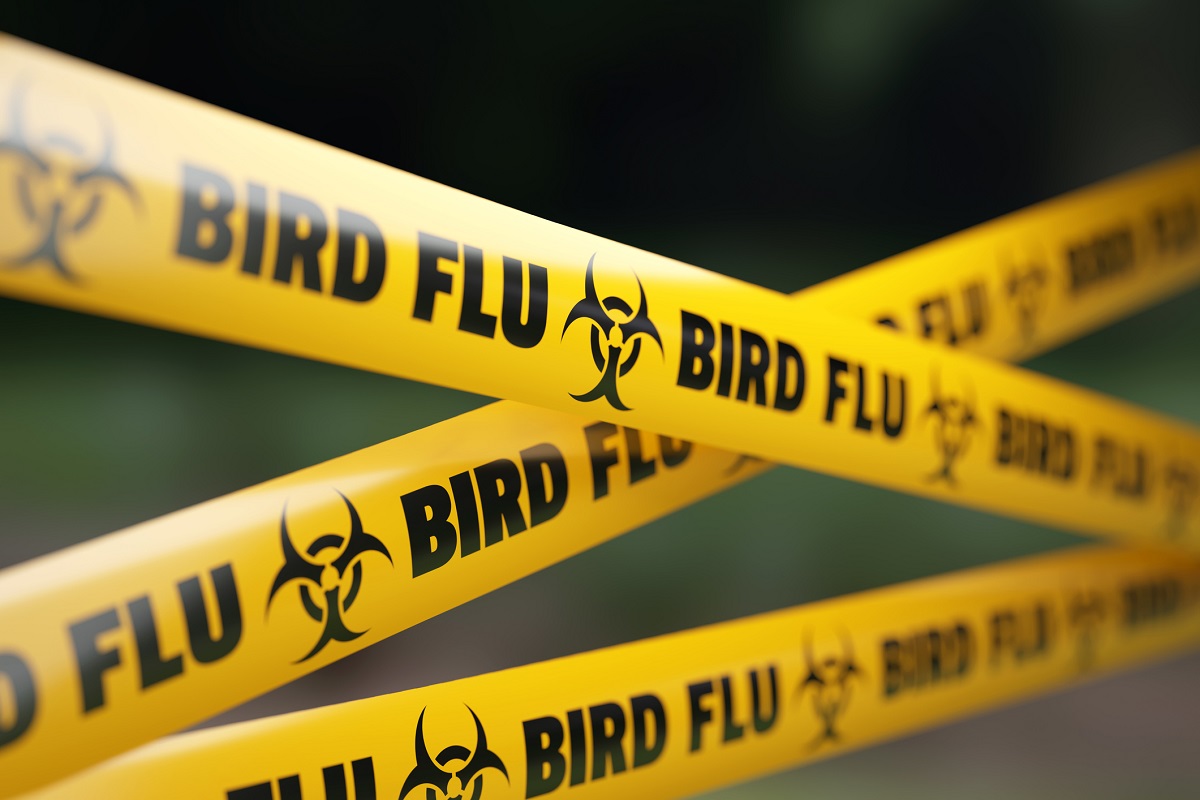The Government has announced a $12 million investment to bolster Australia’s response capability to potential outbreaks of H5 Avian Influenza.
The funding, forms part of a $100 million package to strengthen surveillance, preparedness and response measures, and will be provided to states and territories to purchase equipment including mobile laboratories, drones and response trailers to enable rapid mobilisation in the event of an outbreak, including in remote settings.
Julie Collins, Minister for Agriculture, Fisheries and Forestry, said the risk remained ongoing.
“Australia remains the only continent free from H5 bird flu, but the movement of wild birds poses an ongoing risk to our country, and an outbreak of the disease would have major consequences for Australia’s wildlife and poultry sector.
“That is why the Albanese Labor Government is investing $100 million to strengthen our surveillance, preparedness and response capability to H5 bird flu, to protect Australia’s agricultural industries and wildlife.”
The Australian Veterinary Association (AVA) welcomed the investment but urged further support for the veterinary workforce, which it said is critical to Australia’s biosecurity response.
Dr Gemma Chuck, President of the AVA, said veterinarians are Australia’s first line of defence in the detection of animal disease outbreaks, and they play a critical role in protecting Australia’s biosecurity.
“Whilst this funding is being provided to states and territories to purchase critical equipment to support a swift response, a robust and available veterinary workforce is required to enable rapid mobilisation in the event of an outbreak.”
The AVA is calling for $24 million annually to fund a HECS/HELP forgiveness scheme for veterinary graduates relocating to regional areas, $12.2 million annually to include veterinary students in the Commonwealth Prac Payment Scheme, and a national veterinary workforce strategy to address shortages, particularly in rural and remote regions.
“We encourage Ministers Collins, Watt and Clare to support our request noting that with over 75 per cent of new or emerging diseases in humans originating in animals, vets are more important than ever in the protection of human health and the public and they must be supported in this critical work,” Dr Chuck said.
To stay up to date on the latest industry headlines, sign up to the Pet Industry News e-newsletter.

